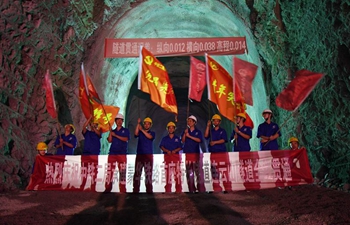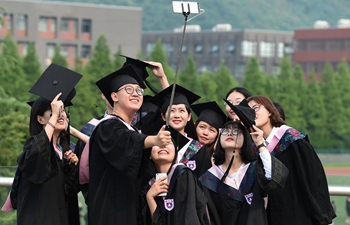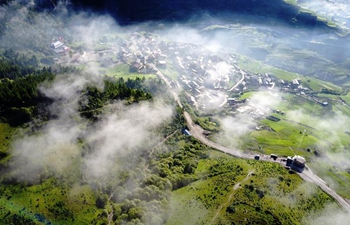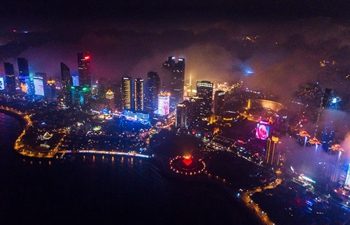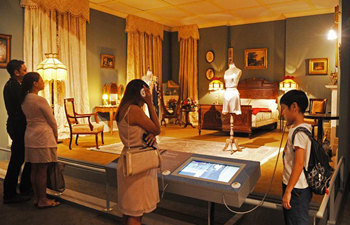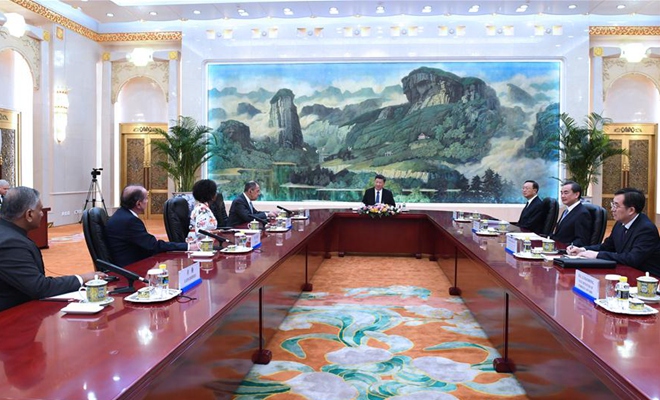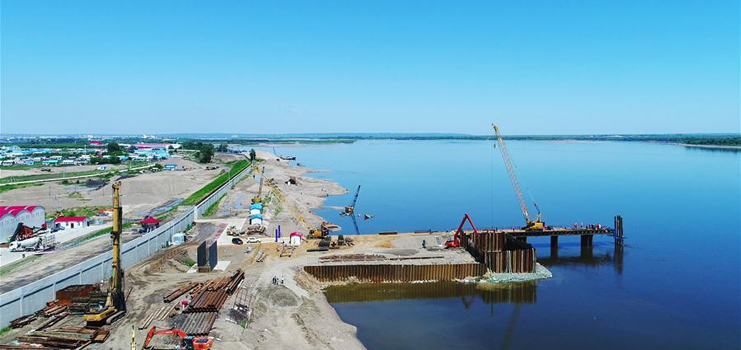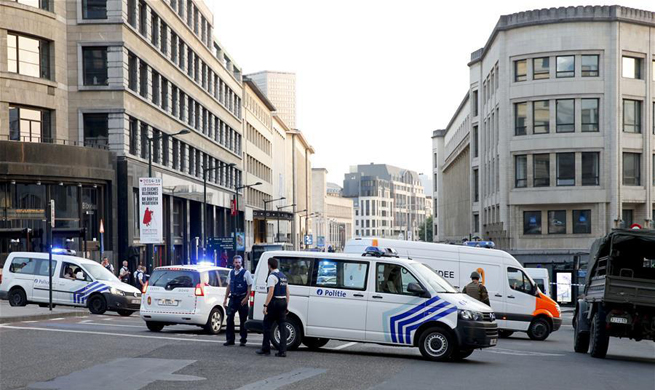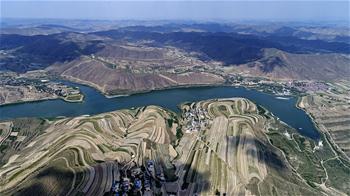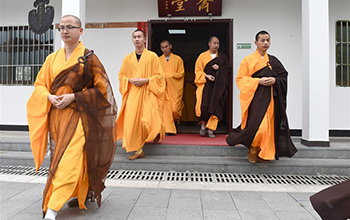by Torrance Wang
HONG KONG, June 21 (Xinhua) -- Allan Zeman, chairman of Lan Kwai Fong Holdings Ltd., spoke highly of the "one country, two systems" principle in a recent interview with Xinhua, saying it not only helps maintain Hong Kong's advantages and but also gives confidence to overseas companies to set up offices here.
The principle ensured Hong Kong's smooth return to the motherland on July 1, 1997, and at the same time, the Hong Kong Special Administrative Region (SAR) was established and the Basic Law came into effect. Hong Kong entered a new epoch characterized by "one country, two systems," "Hong Kong people governing Hong Kong" and a high degree of autonomy.
With the successful practice of the "one country, two systems" principle in the Hong Kong SAR, Zeman said that rule of law and other values cherished by local society have continued to be respected.
Hong Kong has now turned into an international financial center, attracting many foreign companies to set up offices here, he said, adding that this further proves the correctness of the "one country, two systems," and with further reforms and opening-up of the Chinese mainland, Hong Kong's advantages will be enhanced.
Due to strong attachment to Hong Kong, Zeman relinquished his Canadian citizenship in 2008 for a Hong Kong SAR passport and became a Chinese national. "I have been in Hong Kong for 48 years, and this is my home," he said.
Zeman has been well involved in government services and community activities, including saving Hong Kong's Ocean Park from closure and helping turn it into a world-class theme park.
Zeman, 67, left Canada for Kong Kong when he was 19. In the early 1980s, he found great opportunities in Hong Kong's leisure and recreation industry, and under his relentless efforts, Lan Kwai Fong, originally a shabby and short cobbled street in the Central, was transformed into the epicenter of Hong Kong's nightlife districts.
"Before 1997, 75 percent of our business was from foreigners. Now it is the opposite. Around 75 percent of the guests are local, and they have become much more international nowadays," said Zeman, who has been living here for nearly five decades.
Lan Kwai Fong group in recent years has entered into various cities across the Chinese mainland, including Chengdu, Wuxi, Shanghai and Haikou. "We are quite optimistic about the Chinese consumer spending, and we will continue to open in more cities in China," he said.
Zeman said famous brands that are "Made in Hong Kong" such as Lan Kwai Fong and the Ocean Park can also set foot along the Belt and Road routes and southern China's Guangdong-Hong Kong-Macao Greater Bay Area as important soft power.
"Each place in the bay area has its own strength, and we need to find a way for them to work together," he said, "It presents great opportunities for Hong Kong."
The Belt and Road Initiative, proposed by China in 2013, refers to the Silk Road Economic Belt and the 21st Century Maritime Silk Road, aiming at building a trade and infrastructure network connecting Asia with Europe and Africa along the ancient trade routes of Silk Road.
Expressing his confidence in China's future, Zeman said, "China will continue to open up, and continue to lead in so many different areas, such as environmental protection and technology ... I look forward to a stronger China."




